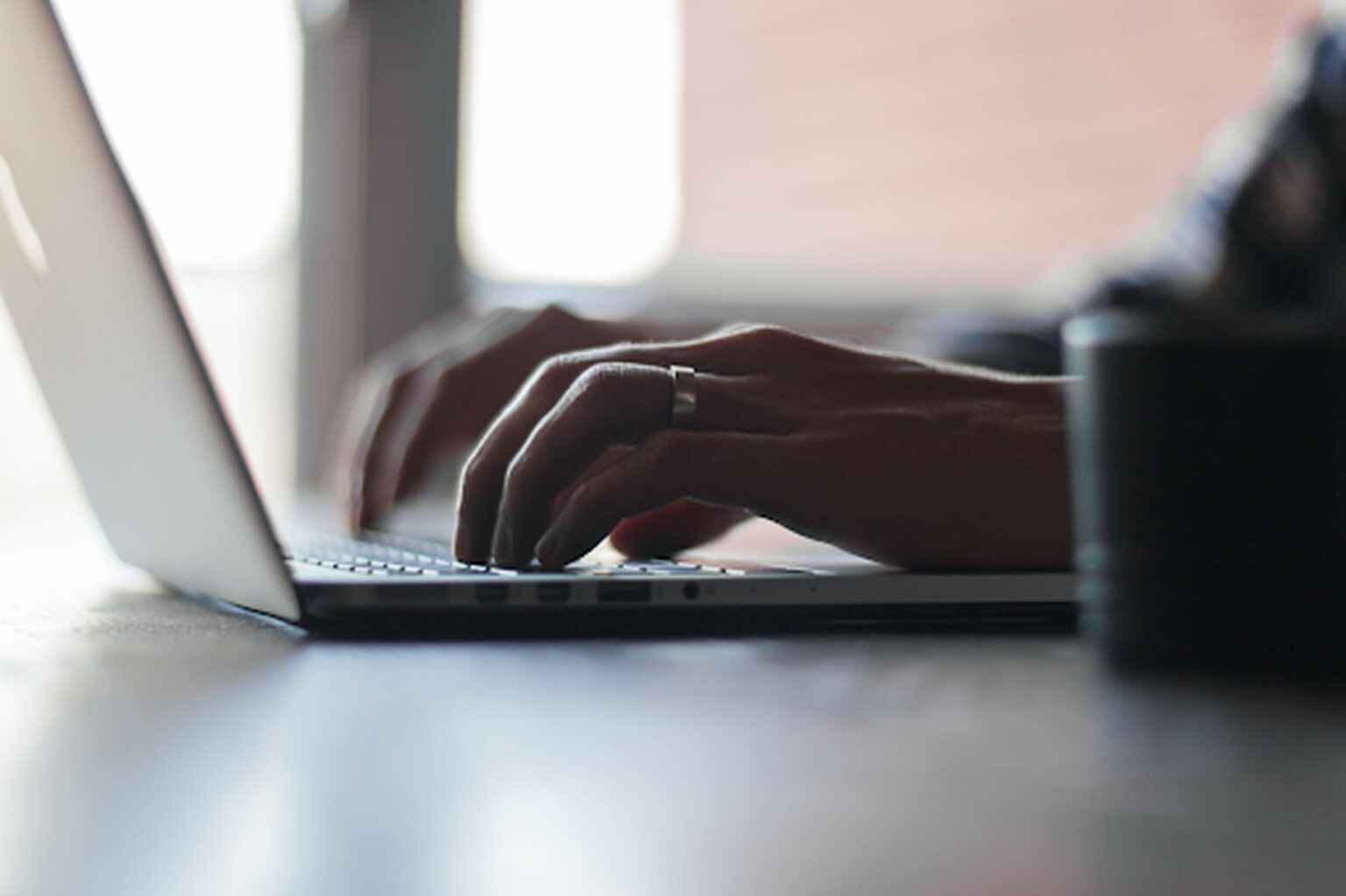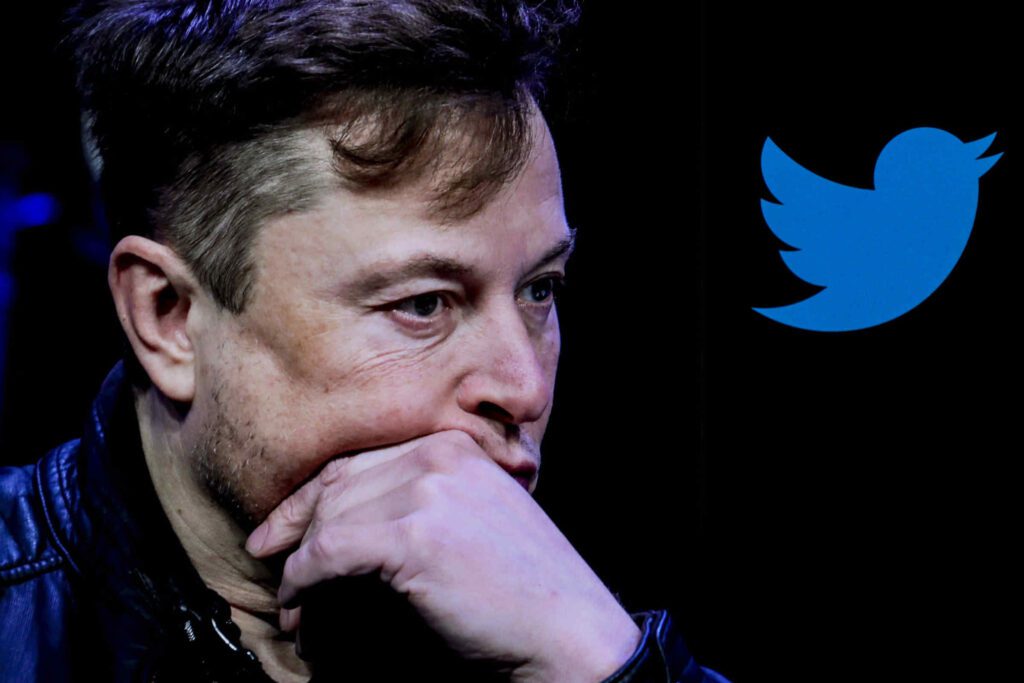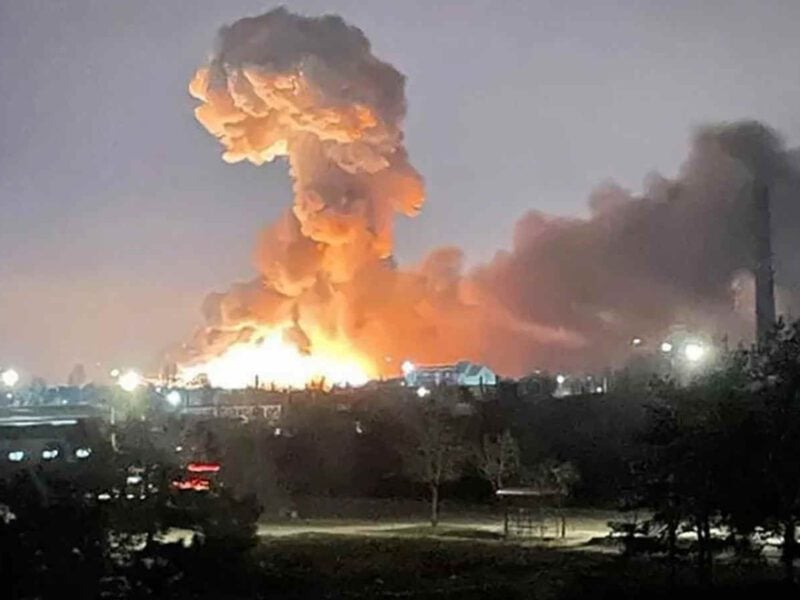
How illegal is AI-generated hentai? Here’s what the experts say
How can you tell if the person you’re seeing in a video or image online is actually who they appear to be? In an era where technology is advancing at a breakneck pace, distinguishing between what’s real and what’s artificially generated is becoming increasingly challenging.
A recent survey has shockingly revealed that a staggering 98% of all deepfake videos online are adult content. This startling statistic opens up a Pandora’s box of legal, ethical, and social questions.
Deepfakes, a portmanteau of “deep learning” and “fake”, are AI-generated videos or images where a person’s face or voice is replaced with someone else’s likeness, often without consent. This technology is not just a tool for creating viral memes or resurrecting deceased celebrities on screen; it has a darker side, particularly in the realm of non-consensual adult content.

The Legal Labyrinth
Teenagers, for instance, have been caught using AI software to create and circulate realistic-looking images of classmates in compromising situations. While these images are not genuine, they raise serious legal concerns. AI-generated hentai is at an all time high, and hentai of any kind is making its way into the phones of more kids than any parent would feel comfortable with.
Emma Sadleir, founder of the Digital Law Company, highlights the gravity of this issue. According to her, AI-generated content and deepfake pornography are rampant and fall squarely into the category of misinformation.
But do South African laws, such as the Cyber Crimes Act and the Films and Publications Amendment Act, adequately address this new form of digital violation? Sadleir believes they do, as both acts make provisions for content that appears to be of a person, even if it’s not actually them.

The Victim’s Voice
The impact of deepfakes isn’t limited to anonymous individuals on the internet; public figures are equally vulnerable. Leanne Manas, a presenter on Morning Live, has been a victim of AI bots using her name and altered images for clickbait and false endorsements.
Despite her efforts to get social media platforms to take action, these fraudulent pages persist. Manas’ experience underscores the challenges in combating deepfake misuse and the need for more robust measures from social media companies.

The AI Revolution and Its Risks
The potential of AI is vast and not entirely ominous. Fans of The Beatles recently experienced the lighter side of this technology with the release of the “Now and Then” music video, featuring a blend of new and old footage of the band, so seamlessly integrated that it’s hard to tell them apart.
This example shows the entertainment possibilities of AI, offering a glimpse into a future where new content could be created from past legends.
However, with great power comes great responsibility. The ownership of images and voices, especially of deceased celebrities, enters a complex legal territory.
The estates of these celebrities might have intellectual property claims, but this doesn’t stop the creation and distribution of unauthorized content. The situation is reminiscent of the Napster era, where copyrighted songs were downloaded en masse, signaling a potential future where we’re bombarded with convincing fakes.

The Future of Deepfakes
As technology evolves, the line between reality and artificiality blurs. Actress Scarlett Johansson’s lawsuit against a company that used her likeness in an advertisement is a case in point. This incident highlights the legal challenges and the difficulty in winning such cases, especially when violators operate from outside the U.S.
The implications of deepfake technology extend beyond individual violations to broader societal concerns. Imagine the potential for creating propaganda in conflicts or influencing elections. The authenticity of news and the integrity of global events could be compromised, leading to widespread misinformation and manipulation.
As we stand at the crossroads of this AI revolution, the question isn’t just about the legal and ethical implications of deepfakes. It’s about the societal responsibility we hold in the face of such powerful technology.
How do we ensure that this tool, capable of creating wonders in entertainment and beyond, doesn’t become a weapon for misinformation and violation of personal rights? And more importantly, are we prepared to face the challenges posed by this rapidly evolving digital landscape?







